Kurdish Nationalism Resurfaces In Turkey Conflict: As Fighting Intensifies, Fresh Calls For Self-Rule
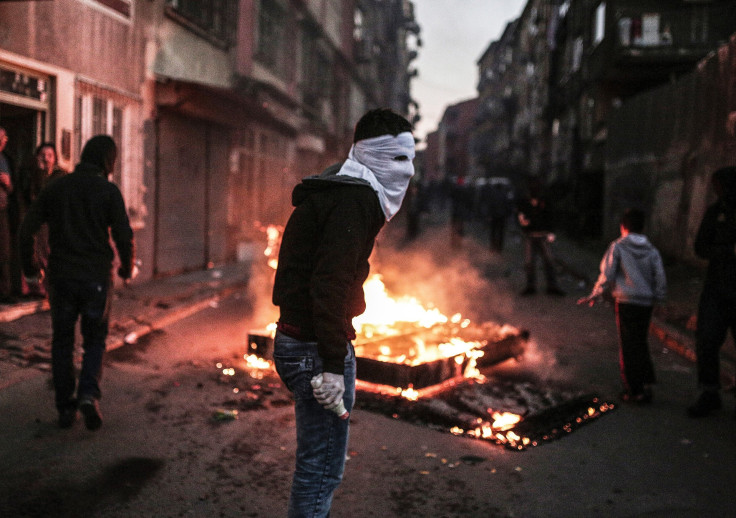
Billows of smoke rose over neighborhoods in Turkey’s southeast in recent days as tanks and artillery pounded Kurdish towns and cities across the restive region. Armed Kurdish militants fought back, digging trenches and erecting barricades to repel Turkish forces in an open attempt to establish self rule across several provinces.
The battles are the latest signs of a resurgent Kurdish nationalist movement in Turkey that has derailed a once-promising peace process between the Turkish government and Kurdish militants. Renewed fighting over the last six months, intensified in the last week, has seen young Kurds grow increasingly combative against the government and Kurdish politicians adopt aggressive language, accusing the military of egregious abuses. The growing tension, analysts said, suggests a reawakening of a Kurdish longing for autonomy and a long-term challenge to Turkey's fragile stability.
“Many people were distant to the idea of self rule, but the more they see the horrifying force the government has been using against residents, against civilians, even those who objected in the beginning no longer object,” said Mutlu Civiroglu, a Kurdish affairs analyst in Washington who is from an area near Diyarbakir, the heart of Turkey's Kurdish region. “They say: ‘The government has left no other option for the people; people are just being slaughtered’.”
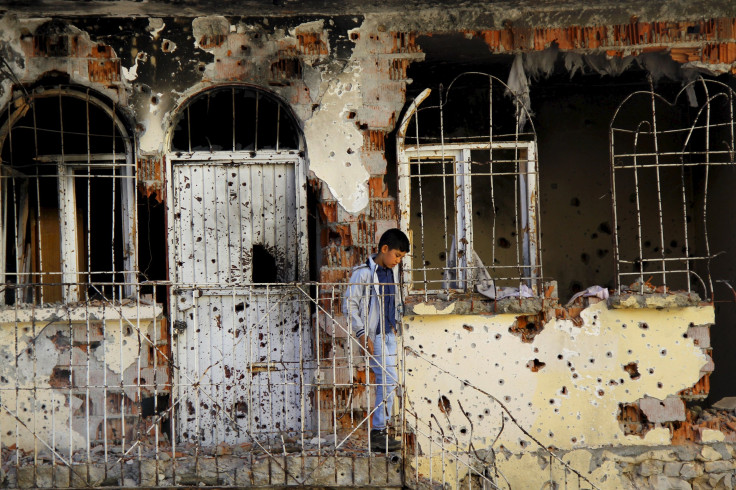
At a conference in southern Turkey in December, Selahattin Demirtaş, leader of the largest pro-Kurdish party, the Peoples’ Democratic Party (HDP), endorsed a call for self rule along with several other parties. President Recep Tayyip Erdoğan condemned Demirtaş’ autonomy plea as “treason,” and an investigation has been opened into his comments.
“I can expect some HDP [members of parliament] might be arrested and imprisoned,” said Mehmet Kurt, an assistant professor of sociology at Bingöl University in eastern Turkey and Newton Advanced Fellow in School of Law at Queen Mary University of London who studies Kurdish political movements. “The level of disappointment is high among the Kurdish people and Kurdish politicians. Many of the MPs are in the conflict region, they are trying to be with the people, they are taking part in the demonstrations.”
In fighting over the last week, at least 200 militants and more than 150 civilians have been killed, human rights groups told the New York Times. Thousands have been displaced, and several major Turkish cities have been placed under heavy curfew, left without food or electricity, as services like hospitals have become inaccessible and thousands of shops and businesses have been forced closed.
Erdoğan, who campaigned in the past on pro-Kurdish reforms, has vowed to continue fighting until the outlawed Kurdistan Workers’ Party (PKK) is destroyed, and their hideouts and houses “annihilated.” The PKK is classified as a terrorist organization by the U.S., the European Union and Turkey, and was at the center of a three-decade separatist conflict that killed more than 40,000 people and ended with a 5-year unilateral ceasefire in 1999, with periodic fighting since. Several hundred Turkish soldiers have been killed in the renewed fighting over the last few months in attacks by militants.
The PKK launched a violent insurgency against Turkey in 1984, demanding an independent Kurdish state. In the 1990s, the Marxist-Leninist group rolled back its call for statehood, and instead demanded autonomy within Turkey, an idea which remains popular in much of the southeast today. The PKK leader, Abdullah Öcalan, was captured in 1999 and imprisoned for life for treason. The group has moderated many of its stances since then, now demanding greater Kurdish cultural rights and the freedom of its members in Turkish jails.
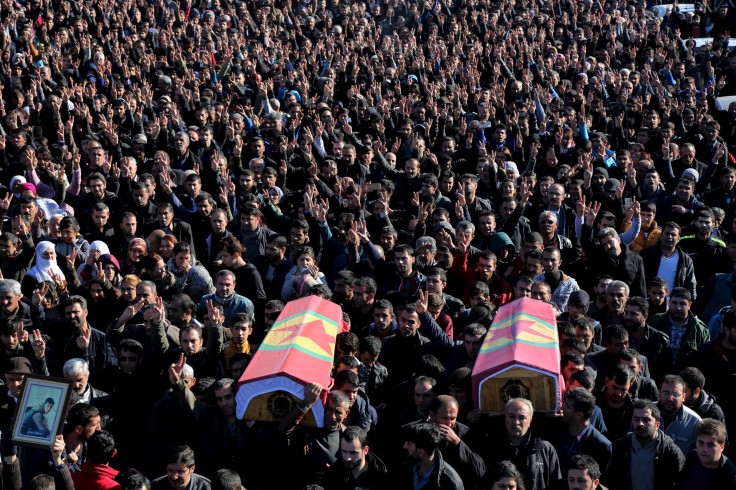
Kurds, who consider themselves the world's largest stateless nation, make up a significant ethnic minority in several Middle Eastern countries. They have long complained of discrimination by Turkish society and systematic marginalization by the government. Unemployment in the Kurdish region is significantly higher than elsewhere across the country, and the southeast is considerably less developed than other regions in Turkey, with generally poor housing and infrastructure.
Peace talks began in 2012 aimed at addressing long-standing grievances among the Kurdish population, but they came to an end in July when a two-year ceasefire was broken after a bombing in the southern Turkish town of Suruc, which killed 31 mostly left-wing, pro-Kurdish activists. Kurdish groups held the government accountable for the bombing, which was carried out by an Islamic State group supporter, for failing to stem the group's spread in the country, and days later, two Turkish policemen were killed in retaliation.
Tensions intensified after two more suicide bombers, also supporters of the extremist Sunni Muslim group, detonated themselves in the Turkish capital of Ankara in October, killing more than 100 people. Fighting between Kurdish militants and the Turkish government escalated to a full-scale conflict.
The pro-Kurdish HDP, which for the first time won enough votes for the legal threshold for representation in the parliament in June, was pushing for an end to the violence and the relaunch of peace talks. But as the violence has soared, just calling for reconciliation has become a politically untenable position, as the southeastern population has grown more hostile toward the government.
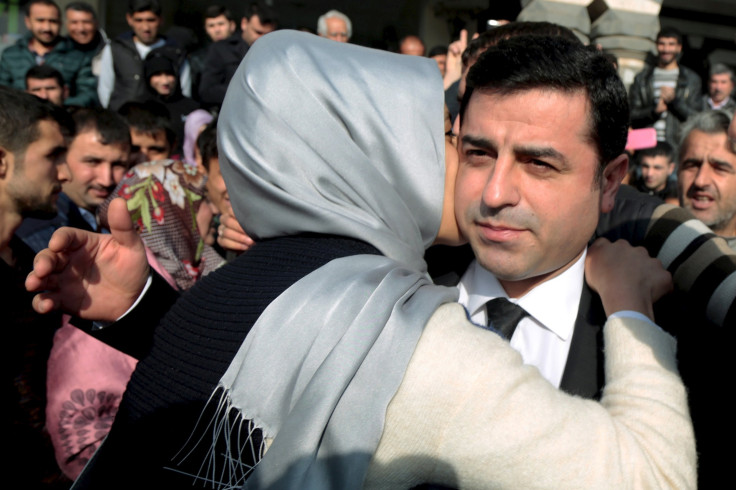
The conflict is self-perpetuating in a way, analysts said. While a military crackdown in the southeast is part of what has reignited Kurdish militancy, the push for self-rule has also intensified the crackdown.
“Every single day, among the young generations, the feeling of nationalism is getting more and more strong,” Kurt said. “There are many people who are not happy with the PKK, but overall, when we think about the situation, they are more angry with the state, and they feel kind of alone and abandoned.”
Many Kurds feel that groups like the PKK have invited unnecessary violence, analysts said. But the response of the Turkish state has strengthened the group's appeal, which had been waning. The group has turned off much of the Kurdish population with its left-wing language, and many Kurdish families have scattered throughout the country and are integrated in Turkish society. But stuck between the Turkish military and Kurdish militants, many are now turning toward those groups calling for self-rule.
Those nationalist aspirations might not hold much sway beyond rhetoric, though, according to Ali Kemal Ozcan, a professor of sociology at the University of Tunceli in central Turkey, who focuses on Kurdish political movements and said Kurds are simply too integrated into Turkish society to truly want autonomy.
“Many Kurdish speakers or people say they long for an independent state, theoretically,” he said, “but when the point comes to separation from Turkey, they will act totally different to continue to stay with Turkey, because their life in many aspects is tied to the Turkish political and cultural system.”
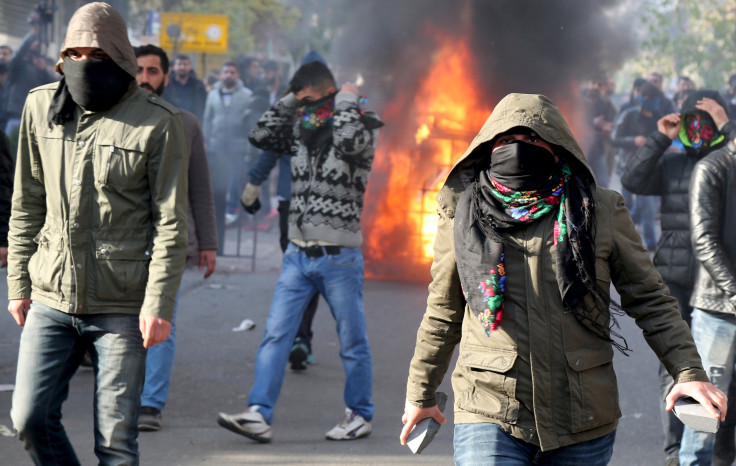
Civiroglu said what many Kurds want, at least for now, is local empowerment – a sort of self rule rather than complete separation – that would keep Kurds part of Turkey, while at the same time allowing them control over their cities. Whether recent violence might reinspire dreams of an independent Kurdistan remains to be seen, he said.
“You can never predict what’s going to happen. After the June election, you could never think this would happen, people were very optimistic, but look what happened in such a short time: decades of destruction in six months,” he said. “Anything might happen.”
© Copyright IBTimes 2025. All rights reserved.





















